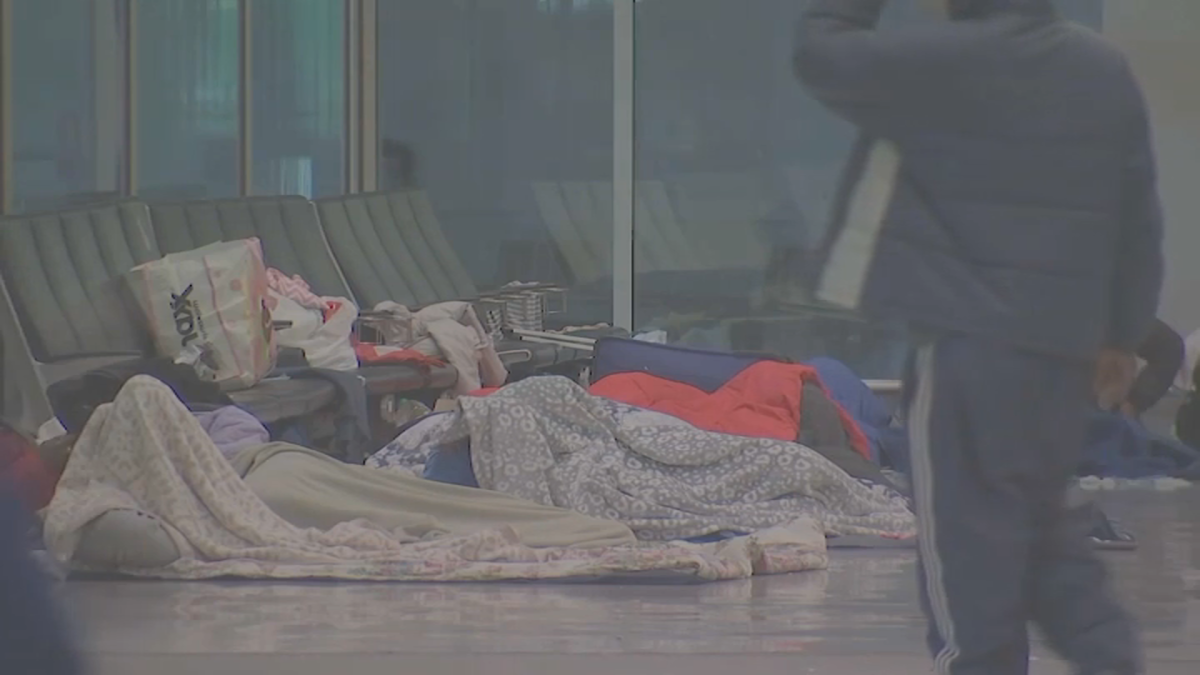A family of two big law lawyers is breaking that $1M threshold and probably not absconding to Rhode Island to avoid paying marginally higher taxes....
If they're making $1.1 million and only paying extra taxes on the $100k then it wouldn't affect them much, as the total taxes would go from $55k to $59k. If they're making $11 million and paying extra taxes on the $10 million it's a completely different calculation.
It seems to at least logically make sense that the further over that $1 million somebody earns, the more likely they would be to leave due to that tax.
For instance, if you make $11 million then under the old way you were paying 5% on the first million for $50k, and 5% on the next $10 million for $500k, so $550k total. Now under the new way it becomes 9% on that next $10 million, so the total collections would go from $550k up to $950k, a $400k increase. So this very rich person, who thought $550k was acceptable because they like living in this area, is now comparing $950k to a state like Texas or Florida with $0 state income tax.
You can say "well the person is already super rich" but most of them aren't getting that way without being greedy. That's almost another million in the pocket of the person in this example, and remember they're already paying a higher federal tax rate on top of that so not like they're pocketing the other $10 million. So instead of getting $550k in taxes from one very rich person, Massachusetts pushes its luck too far and ends up with $0.
The thing about the super rich is that even if they're paying 50x the taxes as an ordinary person, they're not using 50 times the schools, 50 times the bridges, 50 times the police, etc. We shouldn't bend over backwards for the rich, but there's a happy medium so we can stay prosperous and fund a lot of programs in this state. We have most likely swung too far to the other side of this happy medium.
-----------------------------------------------------------------------------------------------------------------
Also, using an admittedly basic set of assumptions, I worked out the math for how damaging this could be. Lets start with the assumption that the "average" person hit with the millionaires tax makes $2 million. Obviously most of them will make less and a few will make more, even much more, but it seems reasonable and is easy to calculate. So under the old way they'd pay 5% on the first million and 5% on the second, meaning $100k total in taxes. Under the new way it's 5% on the first and 9% on the second, meaning $140k total in taxes.
So the new tax gives a $40k additional benefit for each of the "average" millionaires at this $2 million mark. But what that also means is that when one of these people leaves, Massachusetts is now $100k in the hole from where they would have been under the old rate.
So then the next 2.5 people paying the $40k additional taxes are required just to offset the 1 person who left.
That calculation means that if 29% of the above people left the state, we'd be in the net negative since it would require 72.5% (of the original millionaire population) to offset that, and only 71% would be remaining. That's net negative purely on the income tax, and doesn't even include things like I posted above about Massachusetts falling 12 spots in the "business tax friendliness" climate, which becomes an additional loss. So it really doesn't take that many of them leaving to start causing serious budget issues, which happen to be what the state is experiencing right now.



